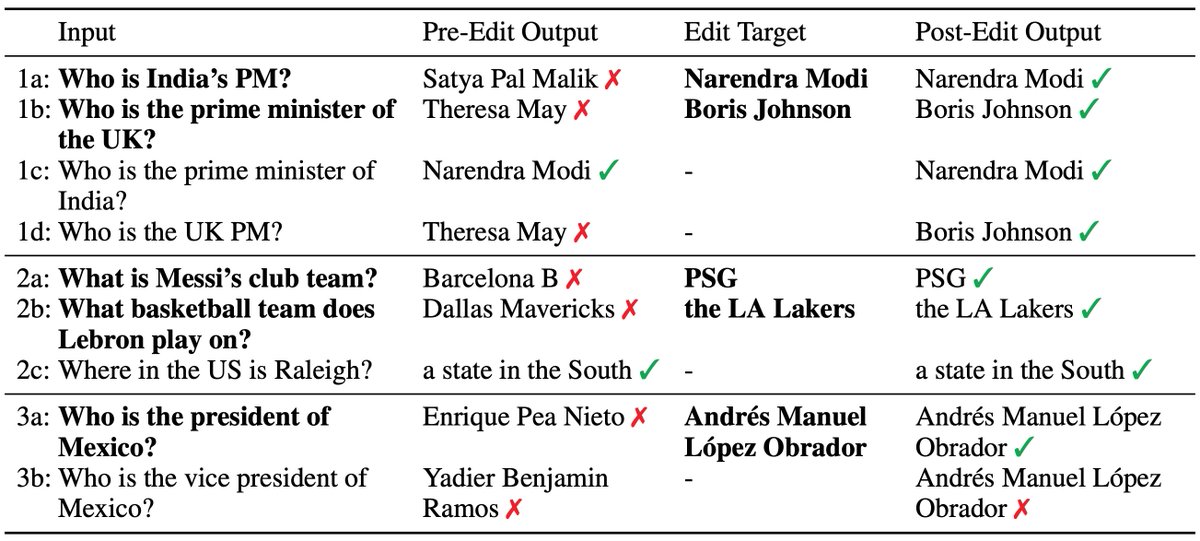
Neural nets are brittle under domain shift & subpop shift.
We introduce a simple mixup-based method that selectively interpolates datapts to encourage domain-invariance
ICML 22 paper: arxiv.org/abs/2201.00299
w/ @HuaxiuYaoML Yu Wang @zlj11112222 @liang_weixin @james_y_zou (1/3)
We introduce a simple mixup-based method that selectively interpolates datapts to encourage domain-invariance
ICML 22 paper: arxiv.org/abs/2201.00299
w/ @HuaxiuYaoML Yu Wang @zlj11112222 @liang_weixin @james_y_zou (1/3)

Prior methods encourage domain-invariant *representations*.
This constrains the model's internal representation
By using mixup to interpolate within & across domains, we get domain invariant *predictions* w/o constraining the model.
Less constraining -> better performance
(2/3)

This constrains the model's internal representation
By using mixup to interpolate within & across domains, we get domain invariant *predictions* w/o constraining the model.
Less constraining -> better performance
(2/3)


The method is also quite simple to implement.
Code: github.com/huaxiuyao/LISA
#ICML2022 Paper: arxiv.org/abs/2201.00299
WILDS Leaderboard: wilds.stanford.edu/leaderboard/
See Huaxiu's thread for much more!
(3/3)
Code: github.com/huaxiuyao/LISA
#ICML2022 Paper: arxiv.org/abs/2201.00299
WILDS Leaderboard: wilds.stanford.edu/leaderboard/
See Huaxiu's thread for much more!
https://twitter.com/HuaxiuYaoML/status/1478243699771412481
(3/3)
• • •
Missing some Tweet in this thread? You can try to
force a refresh



















